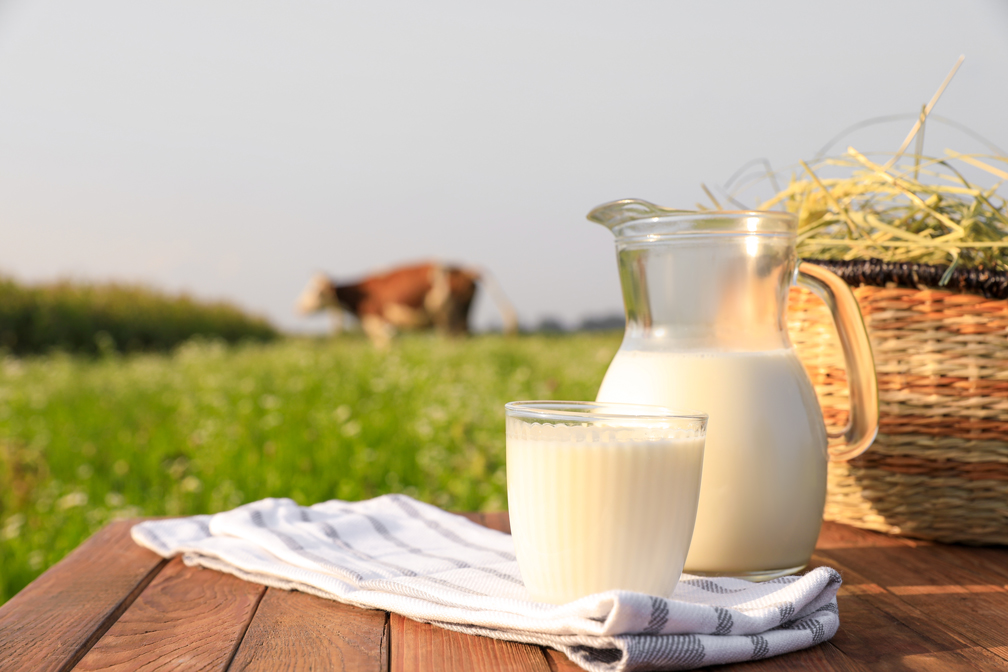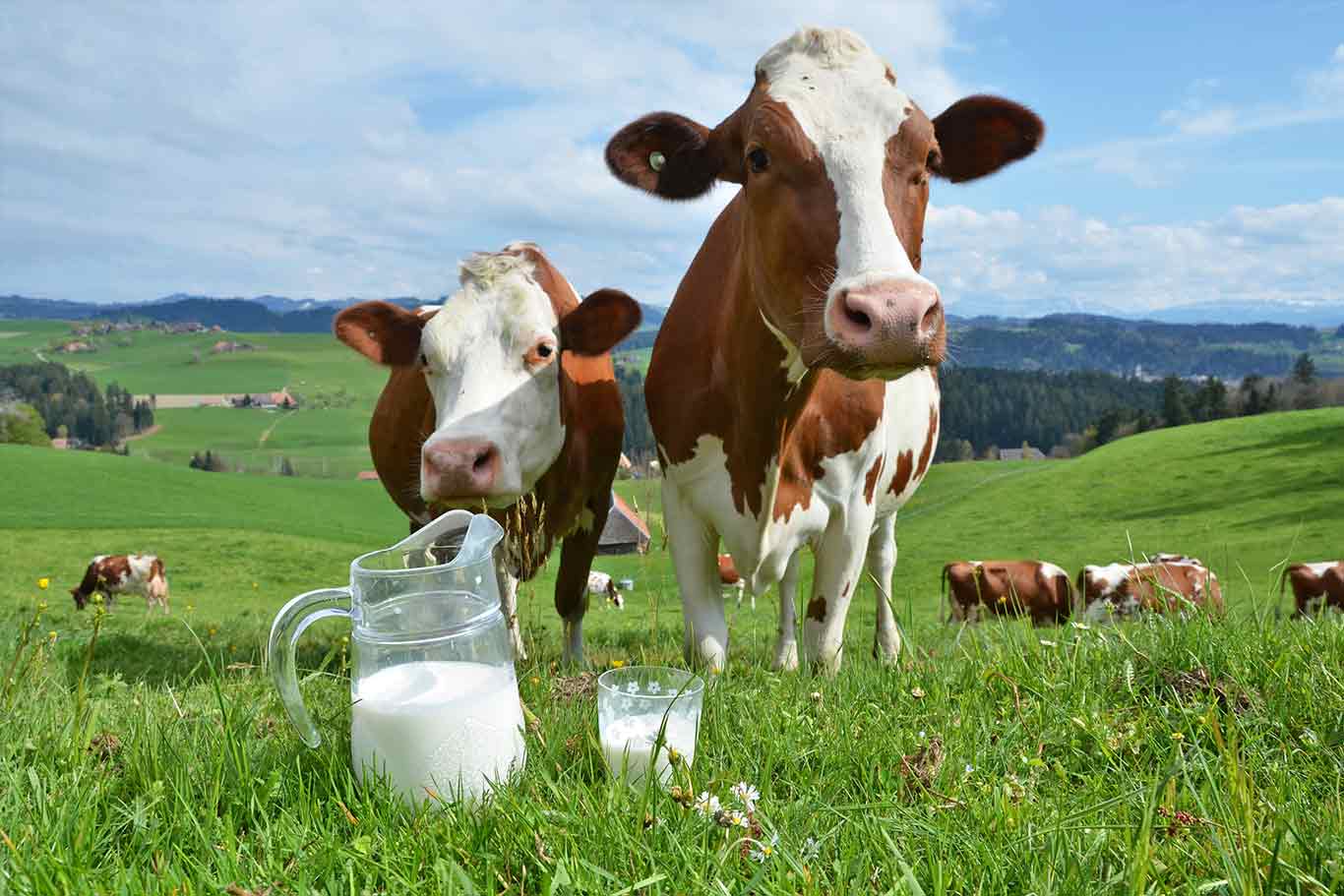Top 7 Reasons Why Consumers Prefer Organic Milk Over Regular Milk
As consumer preferences evolve towards healthier and more sustainable choices, organic milk has emerged as a popular alternative to conventional dairy. Here are seven compelling reasons why more and more people are opting for organic milk.
1. Enhanced Nutritional Benefits
Organic milk is not just about the absence of chemicals and antibiotics; it’s also about enhanced nutritional content. It typically contains higher levels of omega-3 fatty acids, vitamin E, and antioxidants such as beta-carotene. These nutrients are crucial for overall health, supporting everything from brain function to cardiovascular health.


2. No Antibiotics or Synthetic Hormones
One of the most significant factors driving consumers towards organic milk is the assurance that it does not contain any antibiotics or synthetic growth hormones. Organic standards require that animals be raised without these substances, which means consumers can enjoy milk that is pure and free from potential drug residues that can impact human health.
3. Better Animal Welfare
Organic milk comes from cows that are given more space to roam, access to pasture, and are fed organic feed. This not only leads to happier and healthier cows but also contributes to the higher quality of the milk. Many consumers choose organic milk as a way to support farming practices that are kinder and more humane.


4. Richer, Creamier Taste
Many consumers report that organic milk tastes better than conventional milk. This can be attributed to the high-quality standards of organic farming, including the cows’ diet and the freshness of the milk. The richer and creamier taste makes organic milk a preferred choice for drinking straight, in coffees, or in culinary recipes.
5. Longer Shelf Life
Thanks to ultra-high-temperature (UHT) processing, organic milk often enjoys a longer shelf life compared to conventional milk. This process extends the milk’s freshness, making it a convenient choice for consumers who want to reduce food waste and save money on groceries.


6. Environmental Sustainability
Organic farming practices are designed to reduce pollution, conserve water, reduce soil erosion, increase soil fertility, and use less energy. By choosing organic milk, consumers are supporting farming methods that have a lower impact on our environment, thus contributing to greater biodiversity and ecosystem health.
7. Reduced Pesticide Exposure
Organic milk comes from dairy farms where the use of synthetic pesticides, synthetic fertilizers, and genetically modified organisms (GMOs) is strictly prohibited. This leads to a substantial reduction in the residues found in the milk, ensuring a cleaner and more natural product. Consumers who are concerned about the potential health risks associated with pesticide exposure, including hormone disruption and other long-term health issues, often turn to organic milk as a safer alternative. This choice supports not only personal health but also promotes farming practices that are less harmful to farm workers and surrounding communities.

The shift towards organic milk reflects a broader trend of consumers prioritizing health, environmental sustainability, and ethical considerations in their buying choices. As awareness continues to grow, more consumers are making the switch to organic, recognizing its benefits not just for their health, but for the planet and animal welfare too.
Retailers who respond to this demand by stocking organic milk are well-positioned to meet the evolving preferences of today’s eco-conscious shopper. Contact us today and find how to enrich your offerings to meet the rising consumer demand for healthy options.



